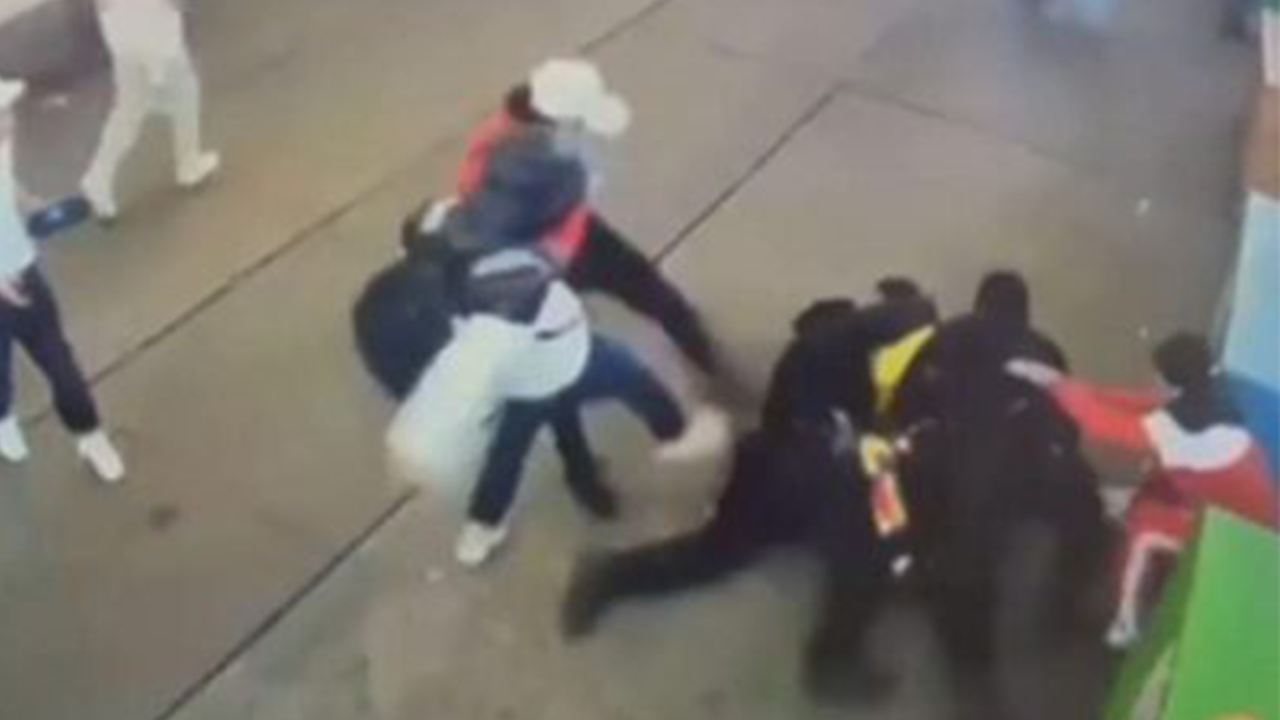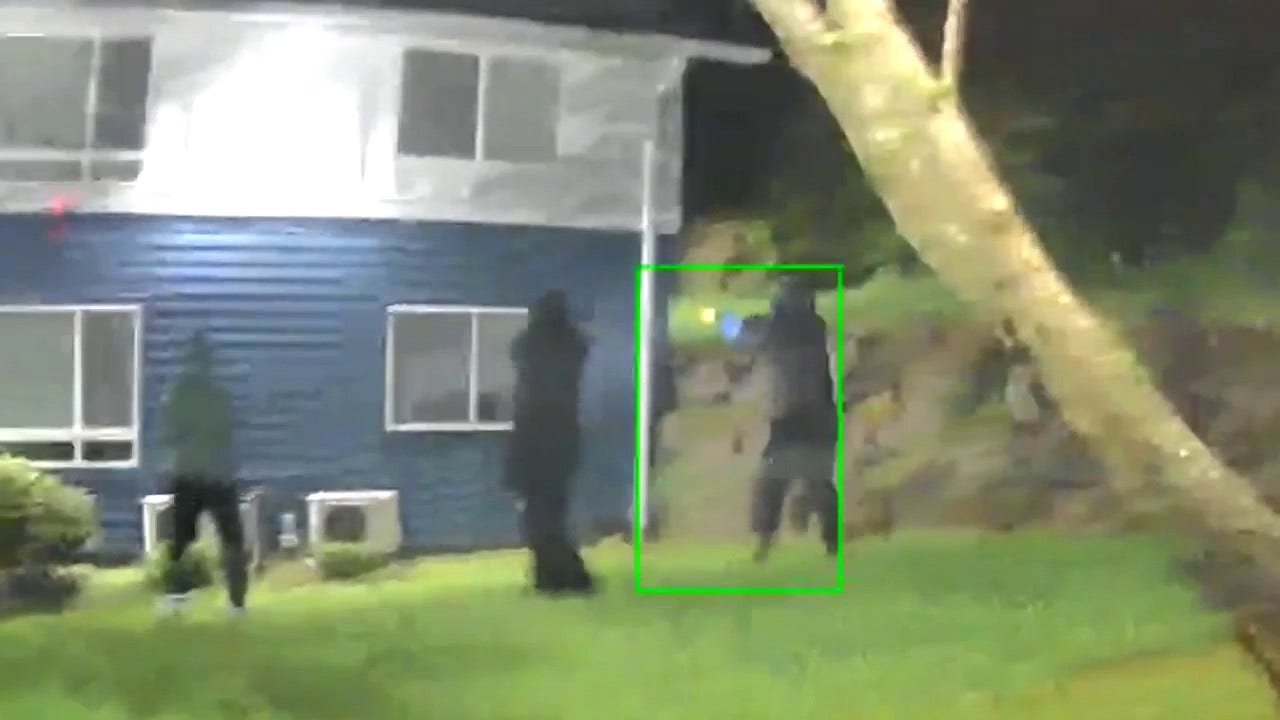If Donald J. Trump takes the stand at his criminal trial in Manhattan, prosecutors want to cross-examine him about recent lawsuits he’s lost, attacks he’s made on women and a judge’s opinion that his sworn statements in a civil case rang “hollow and untrue.”
In hearing on Friday afternoon, the prosecutors from the Manhattan district attorney’s office who want to ask those questions will seek permission from Justice Juan M. Merchan, the state judge presiding over Mr. Trump’s trial on charges that he falsified business records to cover up reimbursements for a hush-money payment made to a keep a sex scandal quiet.
The proceeding, known as a Sandoval hearing, is a high-stakes affair for all the parties: the prosecutors, the defense team, Mr. Trump and Justice Merchan himself. Whatever the judge decides will inform whether the former president decides to testify and, if he does, what prosecutors can ask him.
Though Mr. Trump has said he would testify in his own defense, there have been plenty of signs that he is not fully committed to doing so. This week, his lawyers asked prospective jurors to assure them that they wouldn’t hold a failure to testify against Mr. Trump.
Chief among the topics prosecutors that want to discuss are the civil fraud trials that Mr. Trump lost in quick succession in recent months. In one, the New York attorney general accused him of having conspired with others to inflate his net worth. In the other, the writer E. Jean Carroll accused him of defamation for remarks he made in 2019 after she accused him of raping her decades earlier.
Prosecutors are also asking to bring up a civil jury’s finding last year that Mr. Trump was liable for sexually abusing Ms. Carroll.
The aim of a Sandoval hearing is to let a defendant decide whether it is in his or her best interest to testify. In the hearing, which typically takes place before a trial begins, prosecutors are required to outline a defendant’s past crimes and misdeeds that could be brought up on cross-examination.
Defense attorneys can ask the judge to prohibit prosecutors from asking the defendant about previous incidents.
The Sandoval hearing is unique to the New York State criminal court system, and it takes its name from a 1974 case, the People of the State of New York v. Augustin Sandoval. Mr. Sandoval was charged with murder. His lawyer asked a judge to forbid mention of Mr. Sandoval’s past crimes, which included driving while intoxicated, saying they would create prejudice. The judge ultimately limited what prosecutors could ask.
Sandoval hearings have arisen in other prominent New York cases. Harvey Weinstein, the disgraced movie producer, declined to testify in his criminal trial in 2020 after the presiding judge said he would permit prosecutors to question Mr. Weinstein about 28 allegations of other crimes and previous “bad acts.”
But that case also points toward the danger for a judge: Mr. Weinstein’s lawyers have appealed that decision, which legal experts consider one of the most credible challenges to his conviction. His lawyers have taken their arguments all the way to New York’s highest court, which has yet to issue a decision.






